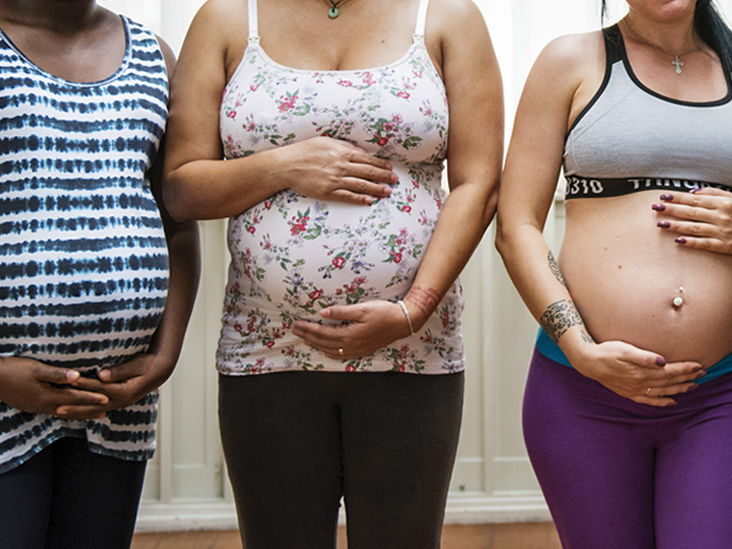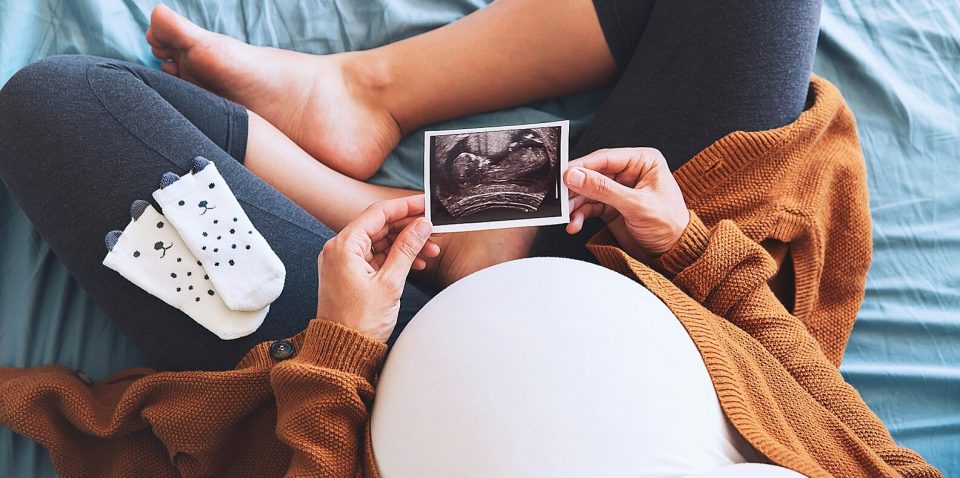Turning 50 for most women means getting closer to retirement, possibly exploring the world, or resuming a long-forgotten pastime. Deborah (Deb) Keaton, on the other hand, saw it as all of those things plus a bouncing bundle of joy. Keaton gave birth to her first child, a baby girl named Mathilda, when she was 50 years old. Keaton and her husband decided to explore reproductive aid after marrying in her mid-40s and trying to conceive for a few years. After a few tries, it worked, and her kid is now almost 11 years old.
“When I called my friends and family, they said, ‘Wow… OK, here we go.’ My pregnancy was enjoyable for me. I was strong, elated, and my mind was sharp. My skin and hair looked fantastic. It was fantastic, and I adored it.

860845272 baby, birth, cheerful, family, female, healthcare, life, maternity, mom, mother, motherhood, parent, parenting, person, pregnancy, pregnant, session, woman, friends, women, class Pregnant women in a class
Getting pregnant at the age of 50, or even in your late 40s, is no easy task. It can take a toll on your body, psyche, and wallet. “Women who are pregnant at this age encounter a lot of difficulties,” explains Naiden. “The chances of having a miscarriage or having a baby with Down syndrome or other problems are significantly increased.” Pregnancy can also be more difficult after the age of 45.” If you become pregnant later in life, you will be exposed to extra examinations. Your doctor will discuss the risks with you, which include having a baby with a low birth weight, placental problems, high blood pressure, miscarriage, or stillbirth. In women over 45, half of all pregnancies result in miscarriage. The women who are making it work understandably want to focus on the positives and dismiss any suggestions that there might be drawbacks. “At mother and baby groups, I don’t feel any different from anyone else because, quite simply, no one knows I’m older,” Barnes says. “Having a child brings people closer together. It’s all about them when you’re mixing with other parents, how they’re sleeping, feeding, and so on. Nobody ever asks how old you are.” Carol is more self-conscious about her age, possibly because she is in her 60s and still has a child in primary school.

